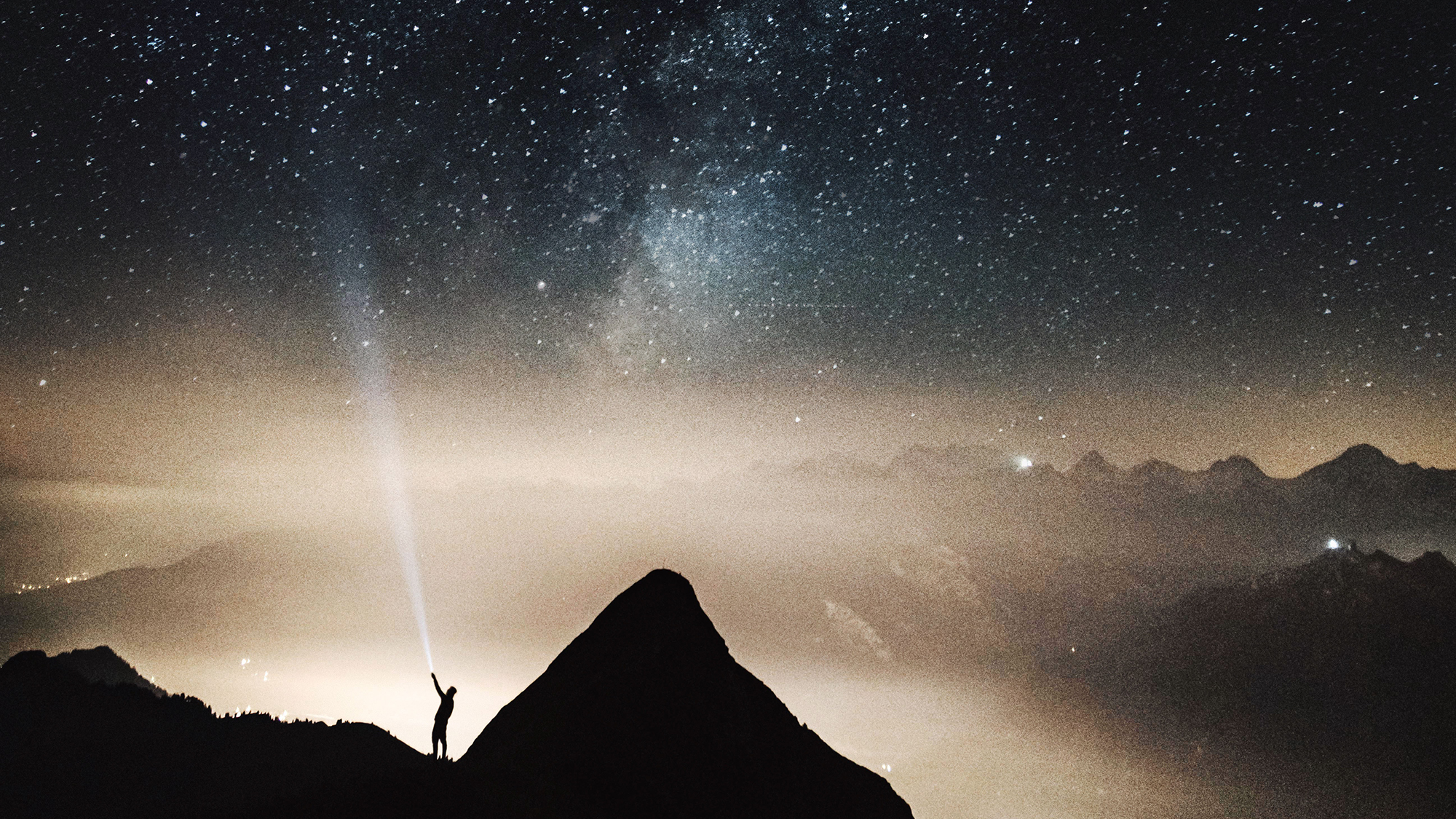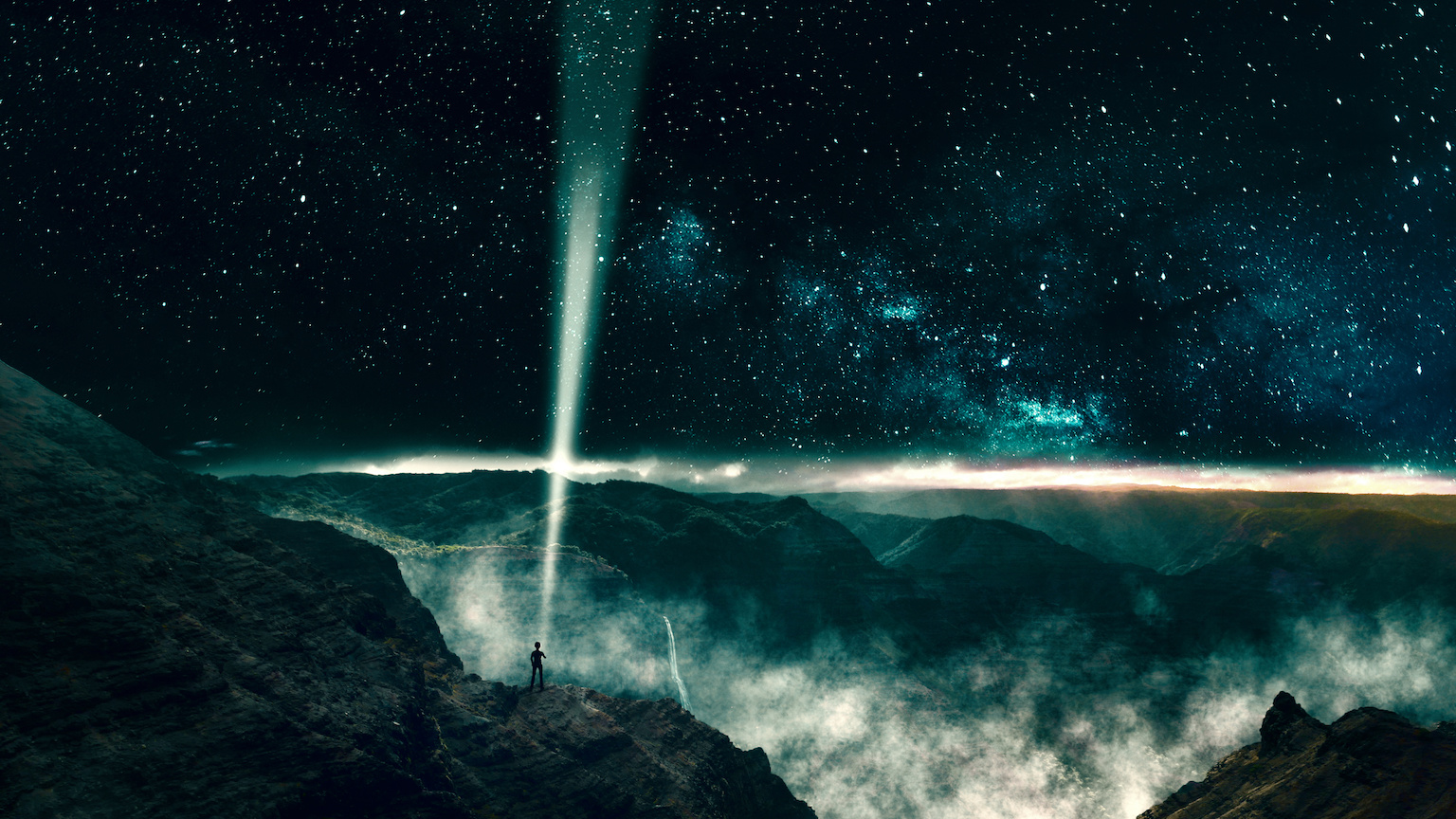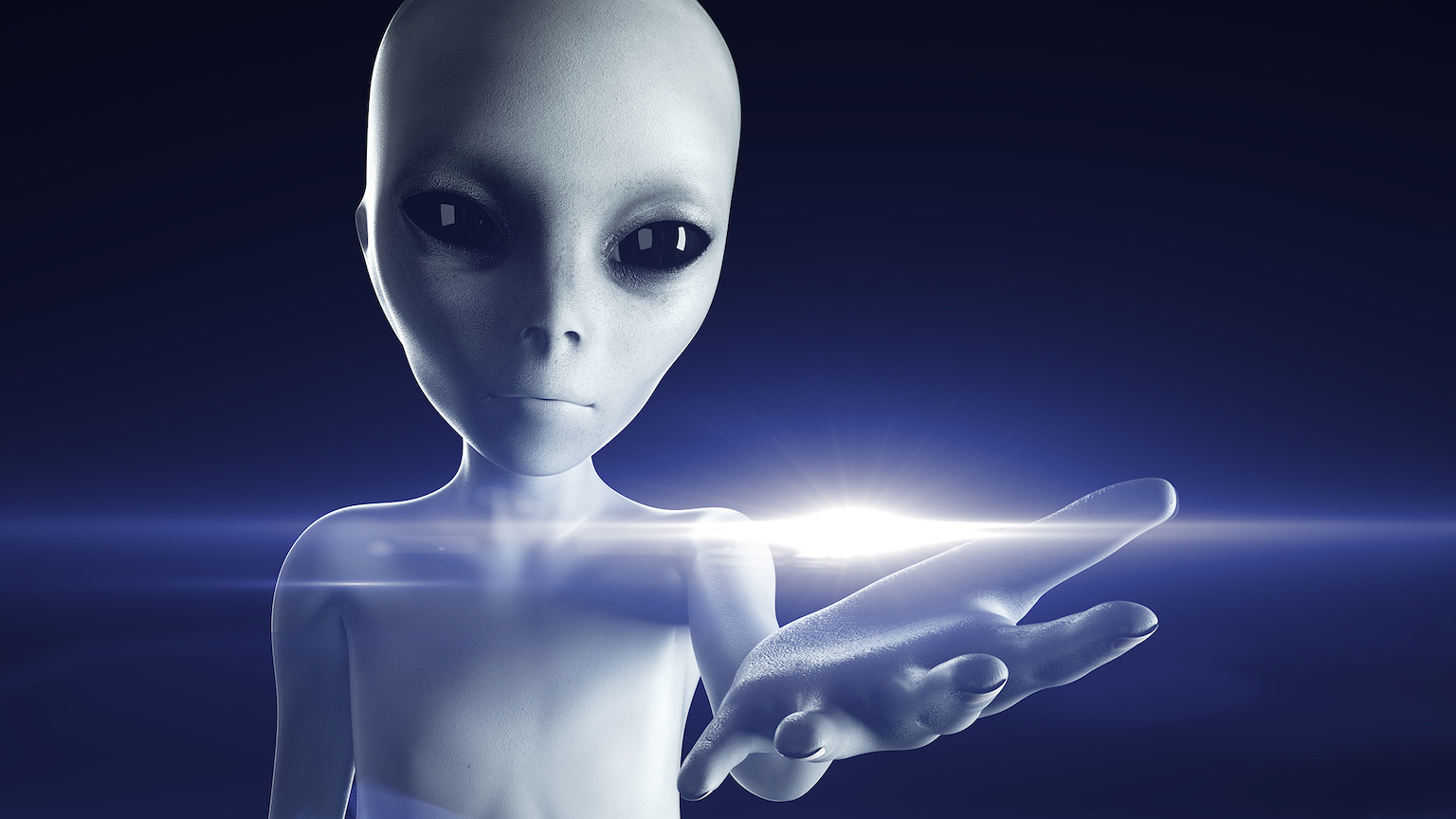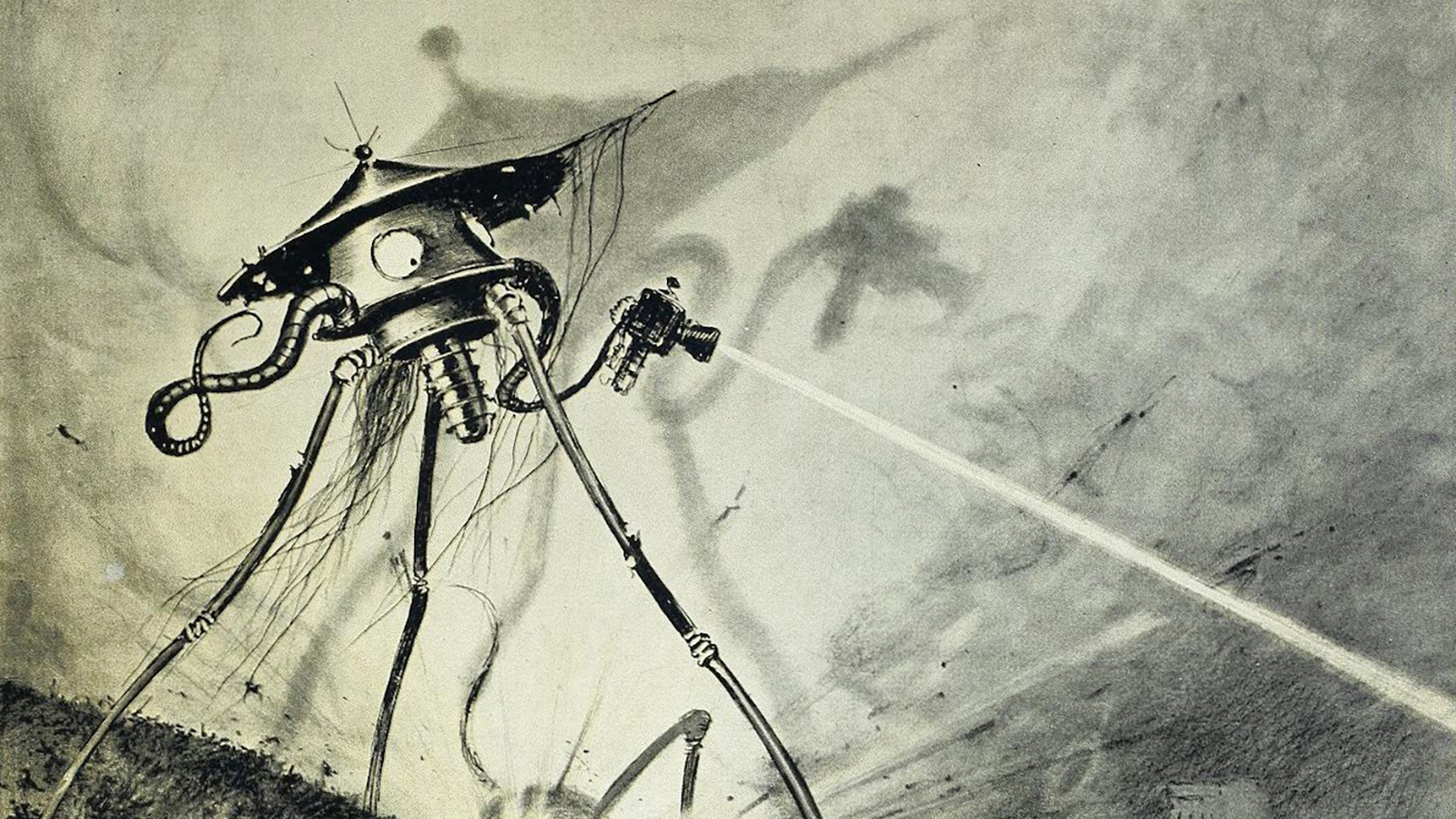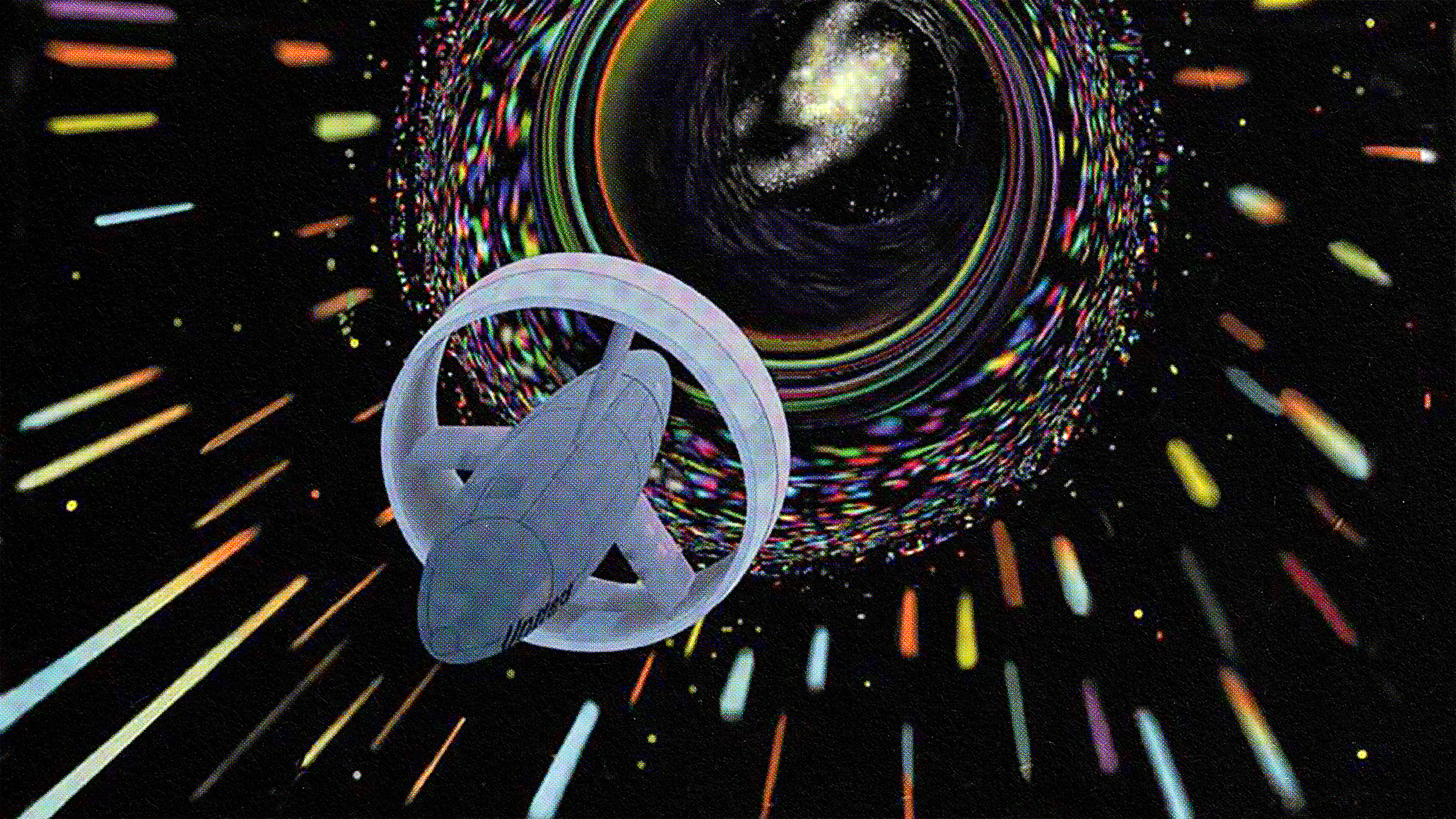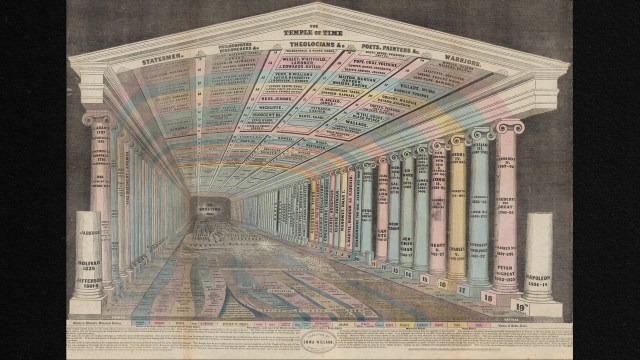“The Little Book of Aliens” is your guide to the biggest question ever asked

- Are we alone in the Universe? It is perhaps the most profound question we have ever asked.
- In The Little Book of Aliens, I explain everything you need to know to understand what is happening right now in the search for extraterrestrial life.
- Thanks to incredible advances in technology, the search is on — big time.
Are we alone? Is Earth the only planet where life with all its inventive, creative possibilities exists? If there is life elsewhere, has any of it evolved to be like us — that is, self-conscious, technology-creating, civilization-building creatures? If there are other civilizations, might we ever communicate with them, or are they so different that we essentially live in different realities? And what about UFOs? Are they something scientists should take seriously, or is it all moonshine fever dreams?
These are the questions I set out to unpack in my new work, The Little Book of Aliens. The book may be little, but it was a big project consuming most of my last year. I’m happy to tell you that the project is now done. The final pass is in, and The Little Book of Aliens will be published on Oct 28, 2023.
Here’s the main point about aliens the book unpacks. The search for alien life in the Universe is now on — big time. You might think that every night for the past 50 years, astronomers have searched the skies for evidence of life either smart (like civilizations) or dumb (like microbes). But that is not even close to the truth. Most of the sky remains unsearched. Only now, thanks to incredible advances in technology, do we have the means, the people, and (most importantly) the funding to begin a true systematic scientific search for life beyond Earth.
After 2,500 years of people arguing about aliens based only on their cherished opinions, we are finally about to start getting actual data relevant to the question. We may, therefore, be the last generation born not knowing if we are alone in the Universe. That’s pretty damn exciting.
Your guide to alien hunting
A big part of The Little Book of Aliens is dedicated to unpacking how much we have learned to get us to this remarkable moment when we push our boats out into the cosmic sea and begin this incredible journey of discovery. From what kinds of exoplanets matter in the search for life to how we will spy on those exoplanets, the book covers everything you need to know to understand what is happening right now.
But what will we find if and when we find aliens? Some of the most fun chapters to write revolved around these questions. How does life get started on alien worlds? Why do we expect alien life to be carbon-based, and what other alternatives are there? How do the laws of physics, chemistry, and evolution constrain what aliens look like and how they behave? Will aliens have minds like ours? Will they have ethics we understand? Should we be announcing ourselves to the galaxy, or should we be hiding from the wolves among the stars?
And then there are UFOs. I dedicated a portion of the book to diving into UFO history, trying to separate the scientific wheat from the chaff. And let me tell you, there is a lot of chaff to wade through: hoaxes, conspiracy theories that never die, and just really terrible data. But those Navy UAP videos have changed the game in the public’s thinking about what is going on with unexplained stuff in the sky. Should scientists be taking UFOs seriously now? In The Little Book of Aliens, I give a thorough account of where we are now and how an actual scientific exploration of UAPs would work. I also cover what kinds of physics (even the super-advanced “science fiction-y” kind) would have to be involved if UFOs did the kinds of things people claim they do.
The game is afoot
So, are we alone? Is life on Earth a “one-off,” or are we part of a great galactic community of creatures and civilizations? We are finally poised to start getting answers to that question. I wrote The Little Book of Aliens to help you understand the importance of this moment and what it will mean when someone claims, “We found it.”
